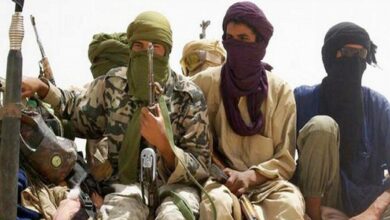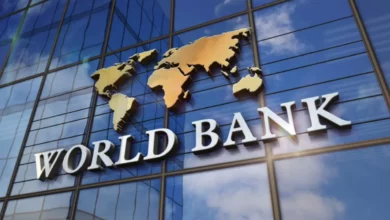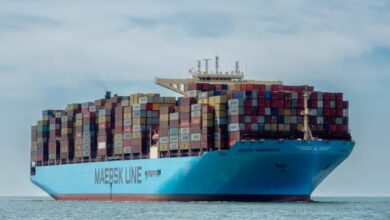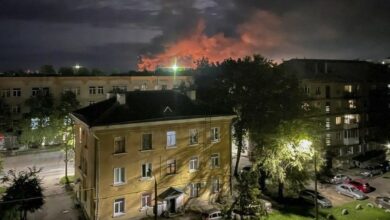Nasser Bourita’s Visit to Skopje: Morocco Expands Support for the Moroccan Sahara into the Western Balkans
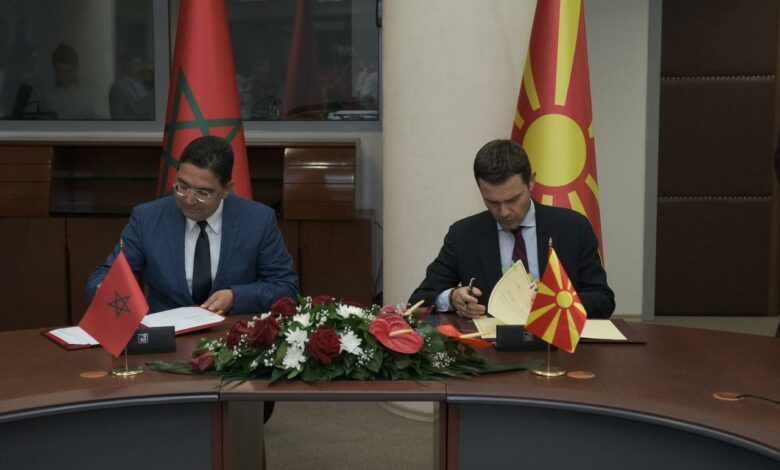
By: Meryem Hafiani – ALDAR
The visit of Morocco’s Minister of Foreign Affairs, African Cooperation, and Moroccan Expatriates, Nasser Bourita, to Skopje, the capital of North Macedonia, comes within the framework of an escalating diplomatic momentum led steadily by Morocco to reinforce support for the Moroccan Sahara and to expand recognition of the autonomy initiative as the only realistic and credible solution to the fabricated regional conflict. This new stop marks a continuation of Bourita’s European tour last April, which strengthened pro-Moroccan positions within the European continent and now extends to the Western Balkans.
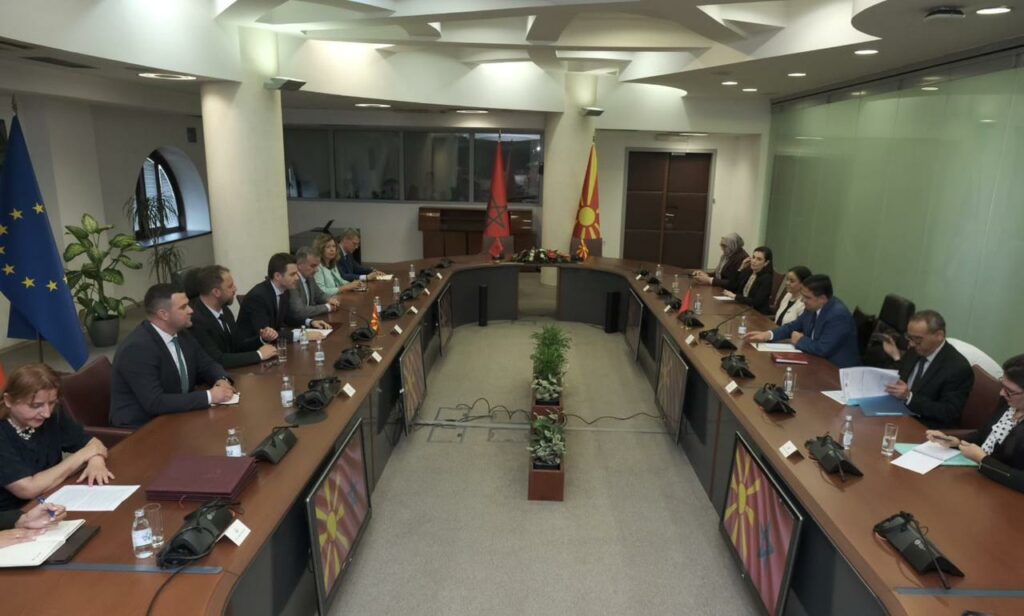
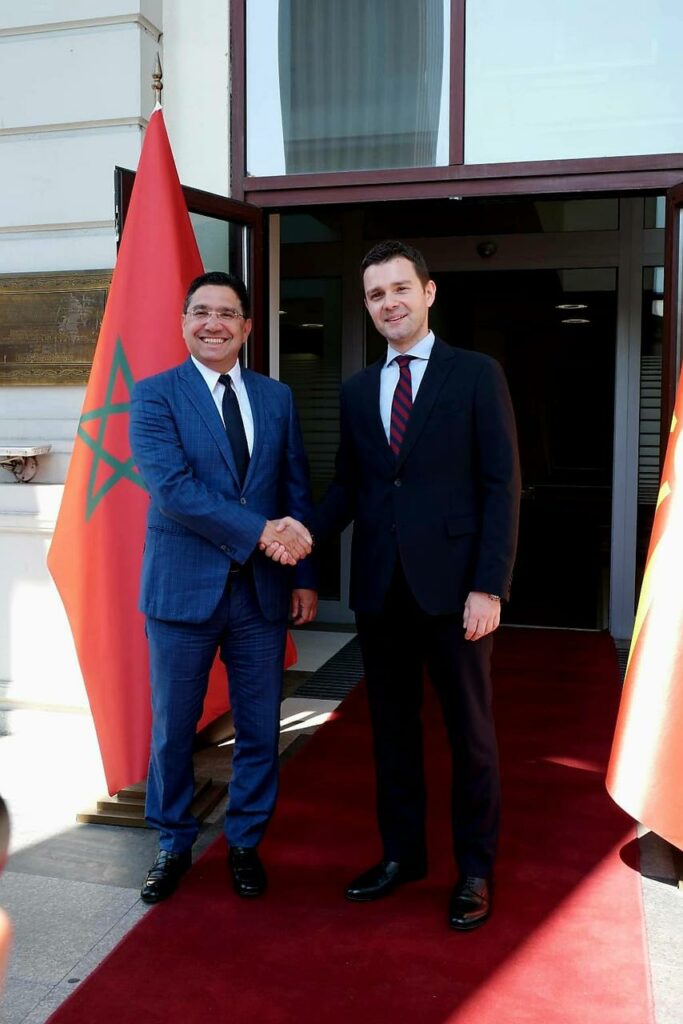
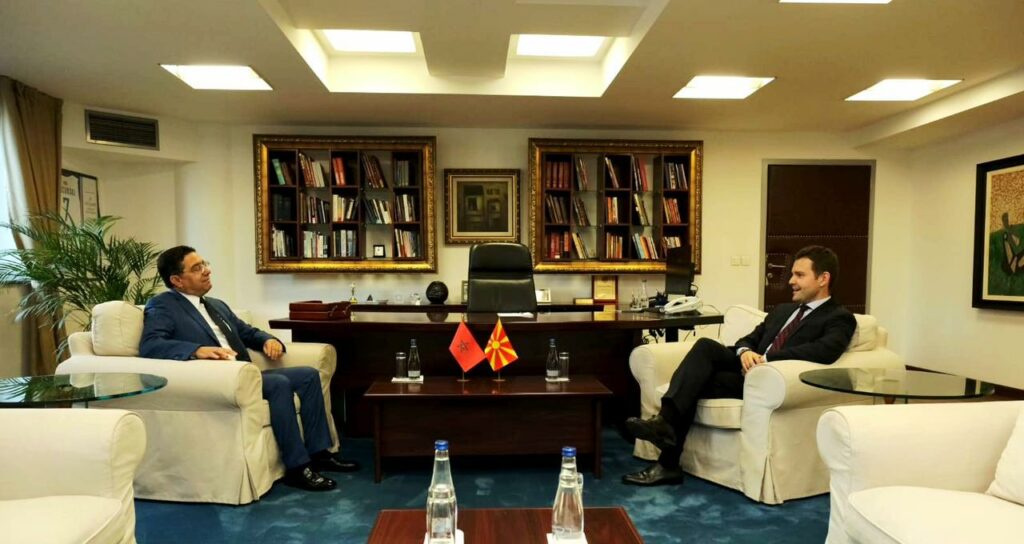
This dynamic, initiated by His Majesty King Mohammed VI — may God assist him — has become the cornerstone of international diplomacy on the Sahara issue. Since the beginning of 2025, this momentum has been reinforced by a series of decisive positions, most notably Ghana’s decision in January to withdraw its recognition of the so-called “SADR”, joining a growing list of countries such as Panama and Ecuador, which made similar decisions at the end of 2024. As a result, more than 85% of United Nations member states no longer recognize the so-called “Sahrawi Republic”.
Simultaneously, over 30 countries have reaffirmed their clear support for the Moroccan Sahara and the autonomy initiative, bringing the total number of supporting states to 116 — representing more than 60% of the international community. This group includes the United States, France, the Gulf Cooperation Council countries, as well as a number of African, Asian, and Latin American nations.
On the European front, Bourita’s recent tour marked a significant turning point. Countries such as Spain, France, Estonia, and Hungary renewed their support for Morocco’s initiative. Croatia and Moldova also joined this trend, recognizing the autonomy plan as the most serious and credible basis for resolving the conflict. Hungary went a step further by taking practical measures, including sending its ambassador to Morocco’s southern provinces and extending consular services to those regions.
In a notable development, Slovenia — a non-permanent member of the UN Security Council — expressed its clear support for the Moroccan autonomy initiative through its Deputy Prime Minister and Minister of Foreign Affairs, Tanja Fajon, affirming the plan’s seriousness as a foundation for a final settlement.
On the ground, this support has been further reflected in joint committee meetings held in Laayoune with countries like Côte d’Ivoire and Liberia, which expressed their willingness to contribute to the development momentum in the southern provinces. These efforts fall within the scope of major strategic projects such as the “Atlantic African States Initiative,” the “Royal Initiative to Facilitate Sahel Countries’ Access to the Atlantic,” the Nigeria-Morocco gas pipeline project, and the Atlantic Port of Dakhla.
The southern provinces of Morocco also continue to welcome regular visits from foreign economic delegations eager to explore investment and partnership opportunities in a region now seen as a model of sustainable development and stability.
Thus, Bourita’s visit to Skopje is not only a new step in consolidating support for the Moroccan Sahara, but it also clearly reflects a qualitative shift in Morocco’s diplomatic approach — one based on expanding alliances and solidifying gains in strategic new regions like the Balkans. It affirms the Moroccan Sahara as a just cause with undeniable regional and international dimensions, no longer subject to delay or reversal.

